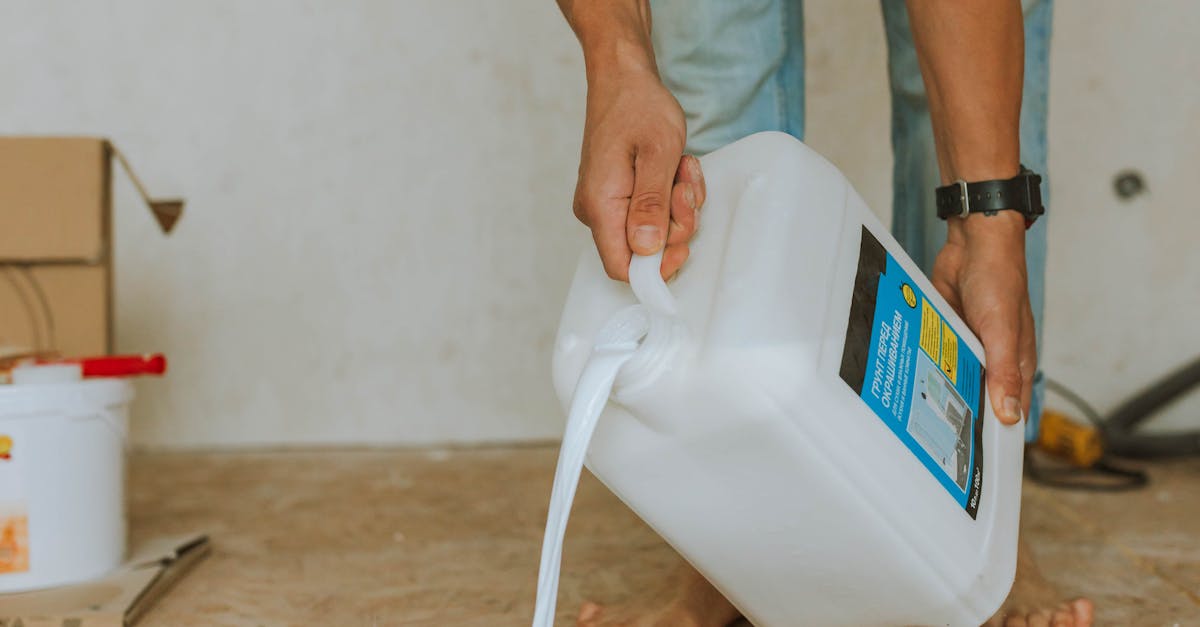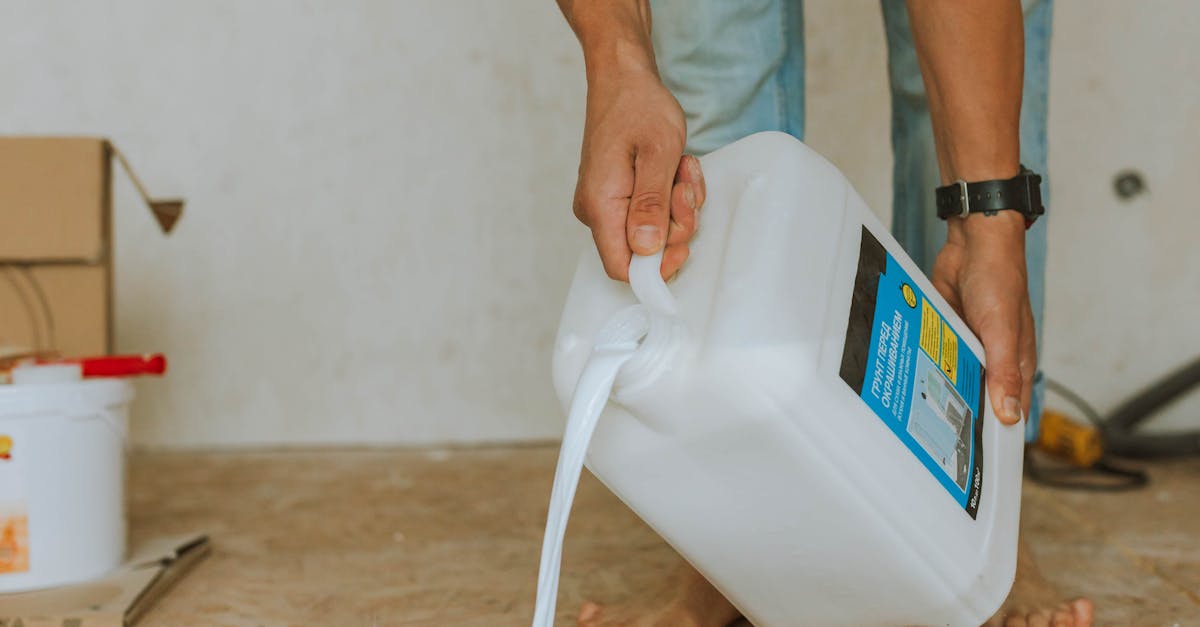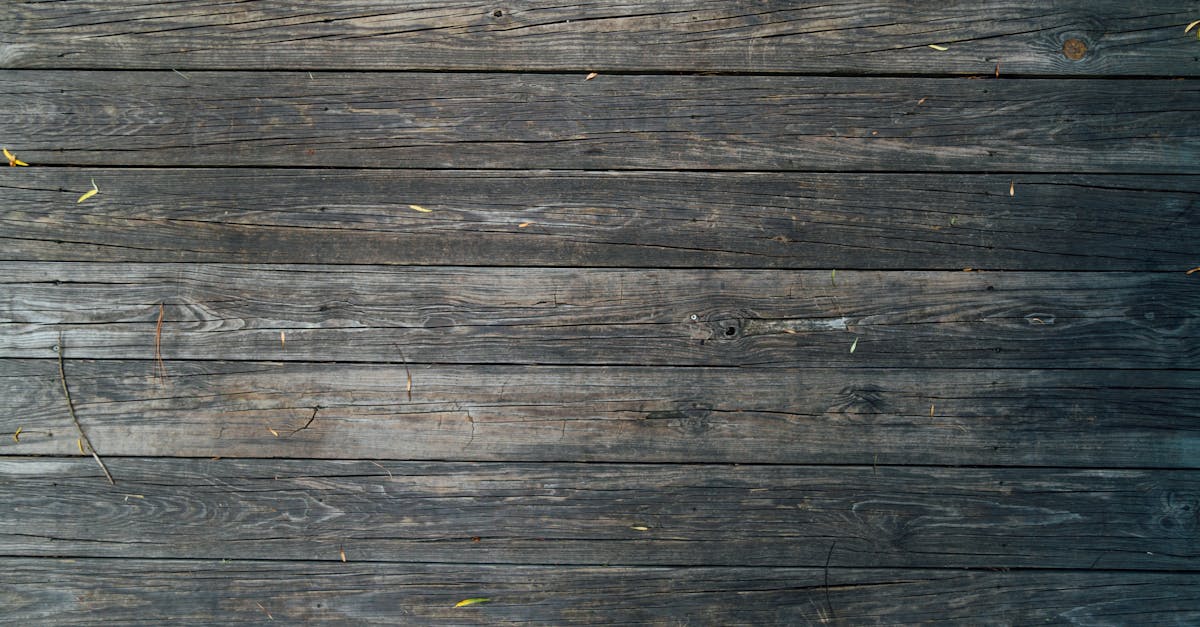
Key Tasks for Each Season
Seasonal floor maintenance requires specific tasks to keep surfaces in optimal condition. During spring, deep cleaning is essential. This involves sweeping, mopping, and using appropriate cleaning solutions for the floor type. Vacuuming carpets thoroughly also helps remove allergens and dirt accumulated during winter months.
In the fall, focus shifts to preventative care. Applying a fresh coat of sealant for hardwood floors can protect against moisture and wear. Regular inspections help identify any minor issues before they escalate. Keeping an eye on high-traffic areas is crucial. Maintaining a consistent schedule ensures long-lasting beauty and functionality of your flooring.
Regular floor maintenance can significantly extend the life of your flooring. It involves a combination of cleaning, sealing, and periodic inspections to prevent damage from dirt, moisture, and wear. Each type of flooring has specific requirements, so understanding these needs is crucial for effective care. For example, hardwood may need refinishing every few years, while tile should be regularly grouted and sealed to maintain its appearance and durability.
Seasonal tasks are essential in a comprehensive floor maintenance routine. In winter, salt and moisture can wreak havoc on floors, so frequent cleaning becomes important. Summer months may require more attention to scratches and scuff marks, especially in high-traffic areas. Adapting your maintenance plan to the changing seasons ensures that your floors stay in optimal condition year-round.
Professional Maintenance Options
For homeowners seeking to maintain their investment, professional floor maintenance can be a worthwhile consideration. Various companies specialize in floor care, offering services tailored to different types of flooring. Regular inspections and deep cleaning by experienced technicians can significantly extend the life of the floor. These professionals understand the specific needs of materials like hardwood, tile, and carpet, allowing for appropriate cleaning methods and products.
Contracting a floor care specialist often proves beneficial when addressing complex issues, such as deep stains or heavy wear. Specialists can provide not only cleaning but also refinishing and restorative services that enhance the floor’s appearance. This level of expertise often results in a more thorough job than what can typically be achieved through DIY methods. Engaging with a professional ensures that the necessary tools and techniques are applied correctly, contributing to lasting effectiveness in floor maintenance.
When to Hire a Floor Care Specialist
Many homeowners can manage routine floor maintenance tasks like sweeping, vacuuming, and mopping. However, some situations call for a professional's expertise. If your floors have persistent stains, scratches, or visible wear, it may be time to seek out a floor care specialist. Their advanced techniques and equipment can rejuvenate floors more effectively than typical household methods.
In addition, if your flooring has been subject to water damage or has experienced significant changes in temperature and humidity, professional assessment is essential. Issues like buckling or warping require specialized knowledge and intervention to prevent further damage. Hiring a specialist ensures a thorough evaluation and tailored solutions, preserving the integrity of your flooring investment.
Proper floor maintenance requires attention to detail and a tailored approach for different flooring types. Regular sweeping and vacuuming remove dirt and debris that can scratch surfaces. For hardwood floors, using a damp mop instead of soaking it ensures that water does not seep into seams, which can lead to damage. Carpeted areas benefit from routine deep cleaning to eliminate dust mites and allergens, keeping the environment healthy.
In addition to routine care, seasonal tasks play a vital role in maintaining the integrity of the floor. Deep cleaning is essential during the spring, while applying protective coatings may be beneficial in the fall to shield against winter conditions. Homeowners should also assess for signs of wear, such as scuff marks or loose tiles, to address any repairs promptly. These proactive measures can extend the lifespan of your flooring while keeping it looking its best.
Repairing Damaged Floors
Repairing damaged floors is crucial to maintaining both aesthetics and functionality in any space. Various types of damage can occur, such as scratches, dents, or even water damage. The method of repair often depends on the flooring material. For hardwood floors, refinishing can restore the surface. In contrast, laminate or vinyl flooring may require replacing individual planks to address significant damage. Regular floor maintenance can help identify issues early, making repairs simpler and more effective.
Assessing the extent of the damage is the first step in addressing floor repairs. For minor scratches on hardwood, an application of wood filler may suffice to blend in the imperfections. More severe issues, like warping or deep gouges, might necessitate professional evaluation. Knowing when to tackle repairs yourself and when to seek expert help can ensure that your floors remain in optimal condition. Consistent floor maintenance not only enhances durability but also keeps the space looking its best.
FAQS
What are the key tasks for maintaining floors during each season?
Key tasks for maintaining floors include regular cleaning, applying sealants, checking for damage, and ensuring proper humidity levels. In spring, focus on deep cleaning; summer may require more frequent mopping; fall is a good time for sealing; and winter maintenance should include removing ice and snow promptly.
How often should I professionally maintain my floors?
It’s recommended to have your floors professionally maintained at least once a year, but the frequency can vary based on foot traffic and the type of flooring you have. High-traffic areas may benefit from more frequent services.
When should I consider hiring a floor care specialist?
You should hire a floor care specialist if you notice significant wear and tear, deep stains that won't come out with regular cleaning, or if your floors have sustained any damage that requires professional repair.
What is the best way to repair damaged floors?
The best way to repair damaged floors depends on the type of flooring. For hardwood, refinishing may be necessary, while tile may require re-grouting or replacing damaged pieces. For carpets, patching or professional cleaning may be the best option.
Can I perform maintenance on my floors myself, or should I always hire a professional?
Many maintenance tasks, such as regular cleaning and minor repairs, can be performed by homeowners. However, for extensive repairs or specialized care, hiring a professional is advisable to ensure proper treatment and prevent further damage.

